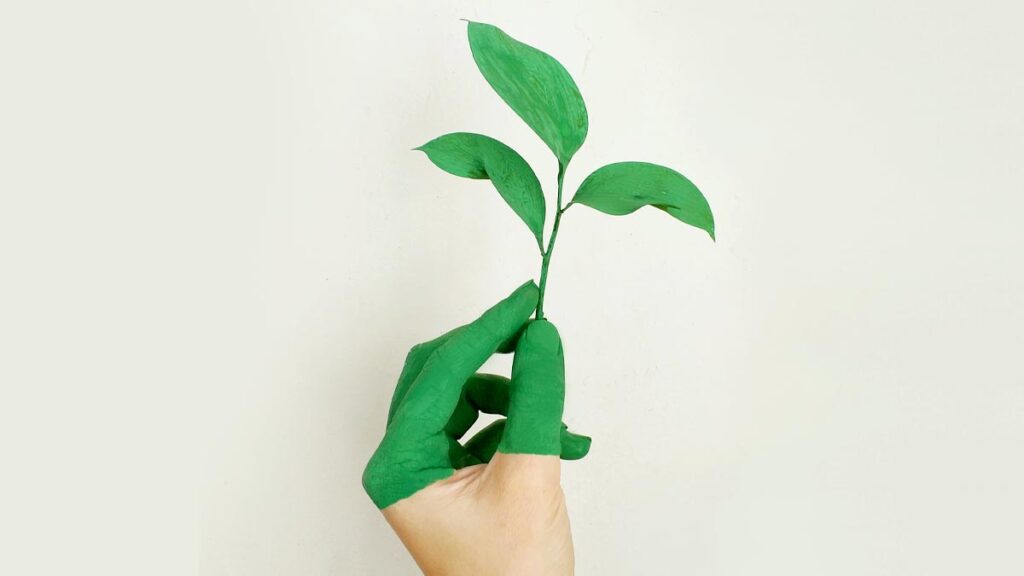I take no offense (for who am I to be offended) with politicians, critics and laymen alike expressing their concerns over the national debt we will be leaving for future generations. That idea makes me uneasy to say the least, and while this unprecedented economic situation certainly begs the question over what the right solution is, I certainly cannot claim to know.
I do know there is a level of suffering for everyone in this mess: My dad, edging closer to retirement, now sees a sorry excuse for a 401k; Myself, a recent college graduate, struggling to gain footing in an ever-deteriorating job market; The children, who may be oblivious to the widespread hardship many are now facing, but will one day come to realize the full extent of their inheritance.
But the curious thing is that those who are so adamantly worried over this financial debt–show little or no anxiety over the ecological debt also being accrued. And what’s funnier is, at the risk of sounding apocalyptic, ecological debt means more economic adversity, more issues of global security, and more forms of suffering affecting more and more people. Maybe I am alone, but I see this recession as a remarkable chance for a new beginning.
The American Promise
Sadly, the case we currently find ourselves in is determining which side of the ‘global warming’ fence we are on. That is so far from the big picture.
Recently, a dissenting sibling took delight telling me his newest bit of knowledge. While in one of his aerospace engineering classes, his professor informed him that global warming is not real. You can imagine my relief, or the chuckle I let out, disappointed with his simple take on the situation.
Even if global warming, already an exclusionary and taboo term, is indeed a false claim, what does that matter? Deforestation, habitat encroachment and species devastation still need to be addressed. Increasing global population is still putting a strain on our natural resources, and as Thomas Friedman, a foreign affairs columnist for The New York Times and author of the recent bestseller Hot, Flat, and Crowded, aptly points out, an ever-growing worldwide middle class (who thus consume more goods and resources) will only accelerate their depletion. And lastly, if there is a better way of doing things, why is everyone so averse to it?
Friedman makes the plea that this is an invaluable opportunity to reevaluate our entire national infrastructure, reinvigorating it with the technologies that will alleviate our dependence on foreign oil, in turn lessening our impact on the planet, encouraging job creation, stabilizing our economic viability, and most importantly, reinstating two core elements of the American ideology: the continual pursuit to explore, create, invent or discover better solutions to each and every problem, and to promulgate change by example, not by force.
The American Challenge
So the problem is larger than just global warming. The problem is the seemingly inherent, self-righteous need to deny that our lifestyles might have to be adjusted. That we have encroached on a resource far too precious to lose. That the prospect of that, far too scary to pay heed to, is easier to oppose or ignore altogether.
Sadly, the longer it is stalled or stagnated might allow for irreversible damage to occur. So ask yourself, if you’re worried about the recent stimulus, with its increased spending on top of our already historic national debt, and how it will affect the lives of our children, grandchildren and so forth, do you not care if those same
enerations will have enough clean drinking water or breathable air? To not care, to not want to lead the way in developing and implementing better ways of gathering and using our resources, is to me, Un-American.
If we don’t implement a sound infrastructure we will all be left in the dark, literally, and with an environmental and economic mess that makes recent times look like the good ol’ days.
Earth Day is April 22
This Earth Day, start by caring. And for those of you already there, consider the ways you can help others see why sustainability matters, not solely to curb climate change, but to remind them what is remarkable about this country and to help preserve an intrinsic quality of the human race in general: our resourcefulness, our steadfast desire for new and better ways of doing things, and the freedom to act on that. We all have a vested interest in this planet. Some just need a friend or a family member to help lead the way!
